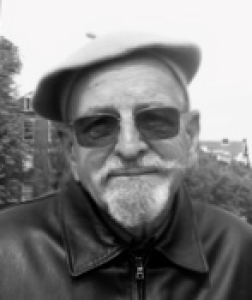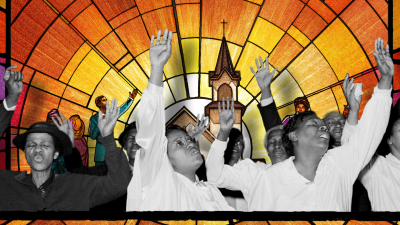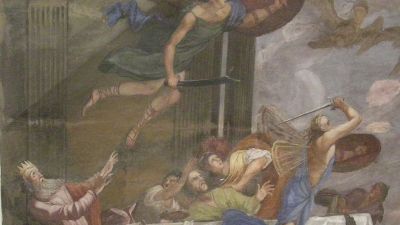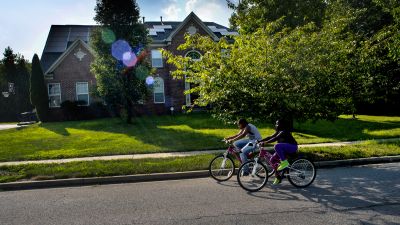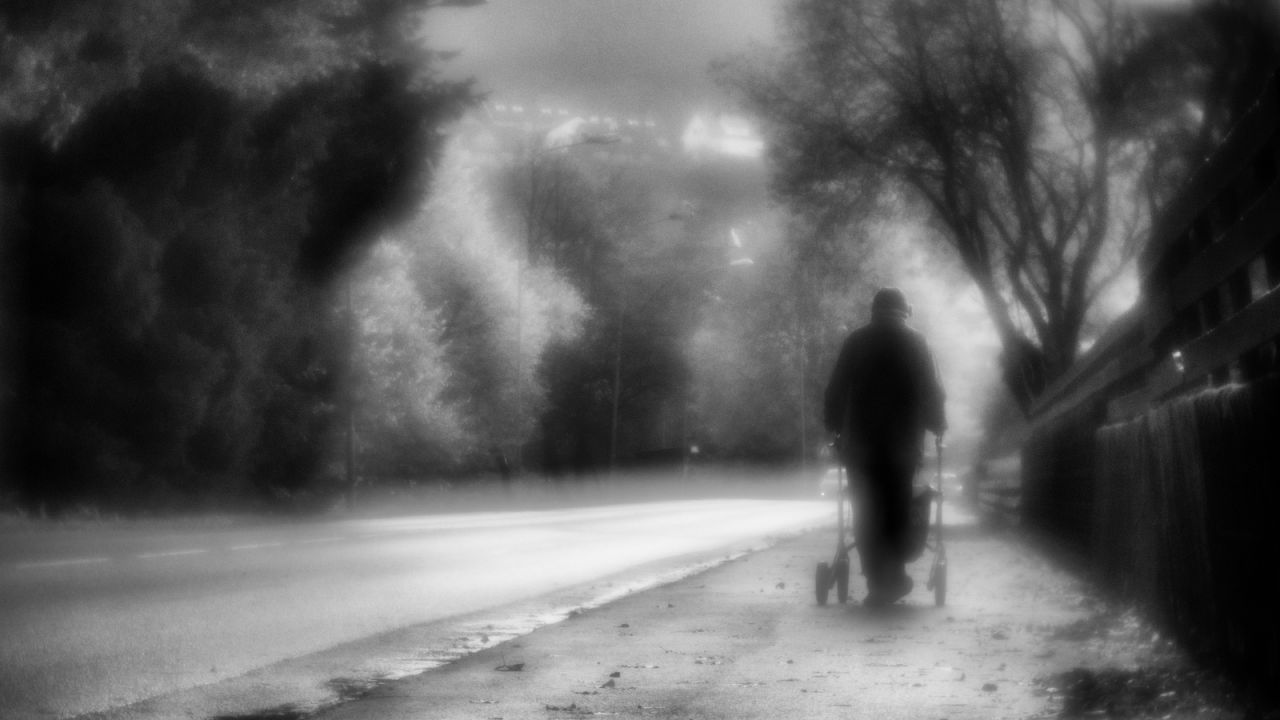
(Photo by Anne Worner/ Flickr CC 2.0)
Editor’s Note
The other morning a lightning strike of pain hit my achin’ back as I climbed up the subway stairs to the street. For several seconds I froze. A young man of color — a teenager — read what was happening, took my elbow and we finished the trip together. This morning as I stepped out of the subway car a tall African-American woman carrying her child in a sling around her neck while pushing the stroller dropped one glove. I could see the look in her eyes as she puzzled over how to pick it up without unduly squeezing the child. Quick as a flash a white man about my age leaned into the scene, picked up the glove and handed it back to her. The smile of gratitude in her eyes — and his in response — lighted up the drab platform as they went their separate ways. This, after a flood of stories over the week about the deranged white fellow from Baltimore who came up to New York to find a black man to kill, and did, by plunging a sword into him — out of hate. What these two incidents say to me is that random acts of kindness can still make the day in the midst of a brutal culture, as my friend, Charles Bayer, of Claremont, California, says in his most recent column which coincidentally – or is it karma? — just reached me.
–Bill Moyers
We Really Do Care for One Another
By Charles Bayer
Sometimes what a community or a nation is at heart seems to be reflected in the grim side of the daily news. But underneath what the public often sees and the media reports may well be another reality. The realization that this less obvious aspect of life in America exists has recently dawned on me unexpectedly. For several months I have had a physical problem that makes walking difficult. So I use a four-wheel walker to get around outdoors and a cane to navigate indoors. While my wife takes her role as my primary caregiver very seriously, and among other things, keeps me at disciplined regular exercise, my friends and other members of our community are always ready to do for me what they sense I need. Not willing to lose my independence, I have laid down a rule: I want to do for myself whatever I can do, and will ask for help doing the things I cannot.
While that system works pretty well for those I know, it works less well for those I don’t know. And here is where a refreshed understanding of the nature of community has been evidenced. I have discovered something I had not always suspected. Most Americans are kind, friendly, helpful people.
As I was negotiating going from a curb to the street I wanted to cross, a perfect stranger ran across from the other curb, stopped traffic in both directions and made certain I got across. I am always offered a seat on a crowded bus, supplied with a helping hand as I make my way slowly around a grocery store, ushered in and out of elevators and when I was heading with a load for the dry cleaners, was spotted by an employee of that establishment who rushed out and got my bundle safely inside.
When I have needed help and asked for it, I have never been turned down. But the sense of community goes beyond that. I have had my restaurant bill paid by someone else I did not know and did not see. When I have stood on a street corner not sure what direction I needed to take to reach my destination, I have been helped by some passing stranger who sensed my bewilderment and pointed me in the right direction, even going out of his way for a block or two to make sure I got to where I had intended to go.
I am told that if I lived in some other complex urban area, it might be different. In many places it is everyone for him or herself. You know, rugged individualism often seems to be the accepted social rule. That may be the way it is elsewhere, but here in Southern California the social compact seems more important than individualism. There is a sense in these parts, that for better or worse, we are all in this together.
Every now and then I fall into near despair about what is happening in our nation. But from some unexpected source there is extended a friendly hand and I am yanked back to the reality that reminds me I live in a caring place with gracious neighbors.
I do not wear rose-colored glasses, and have never been accused of being just another optimistic liberal, unaware that the world can be cruel, ruled by selfish tyrants and dominated by hogs only interested in getting to the trough before anyone else. I guess I know and have seen the dark side of who we are as a people, darker these days than it has been in my lifetime. But the moments of common, gracious, human kindness I have encountered time and time again keep me optimistic about who we are — a people who really care about each other.

